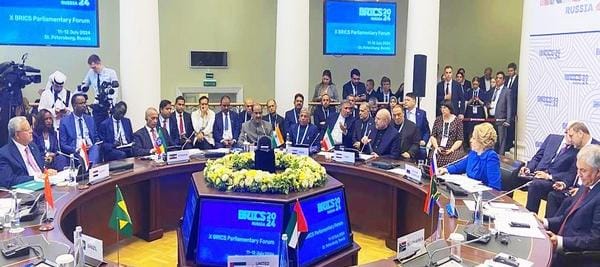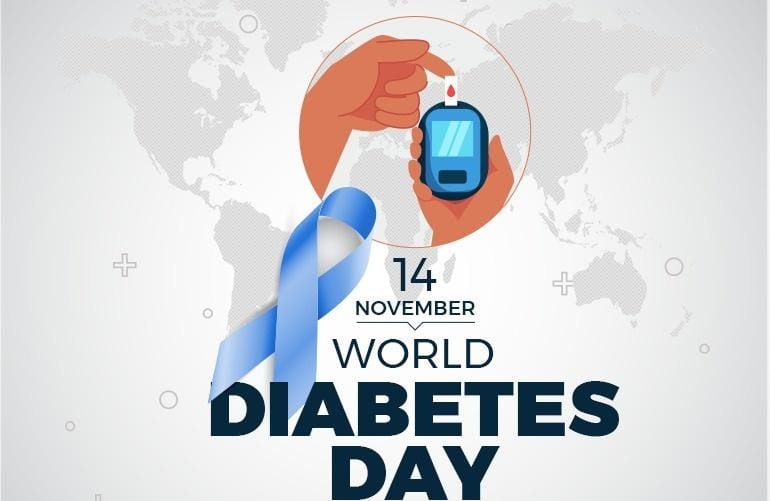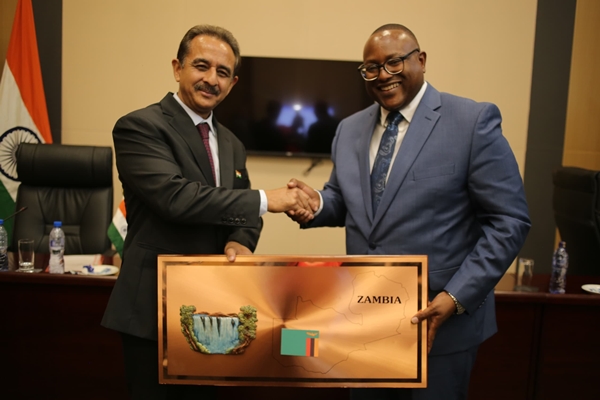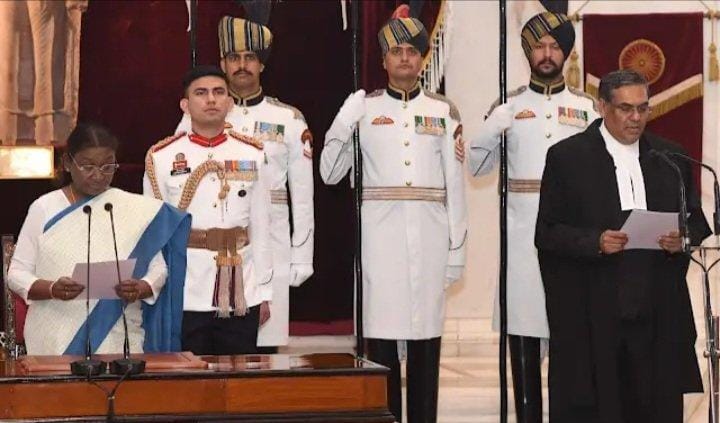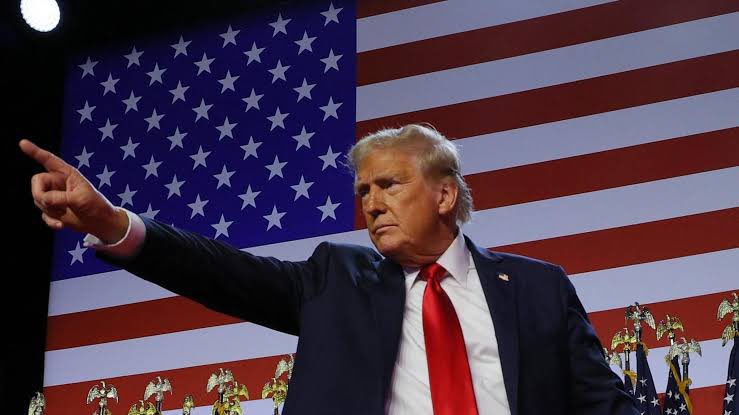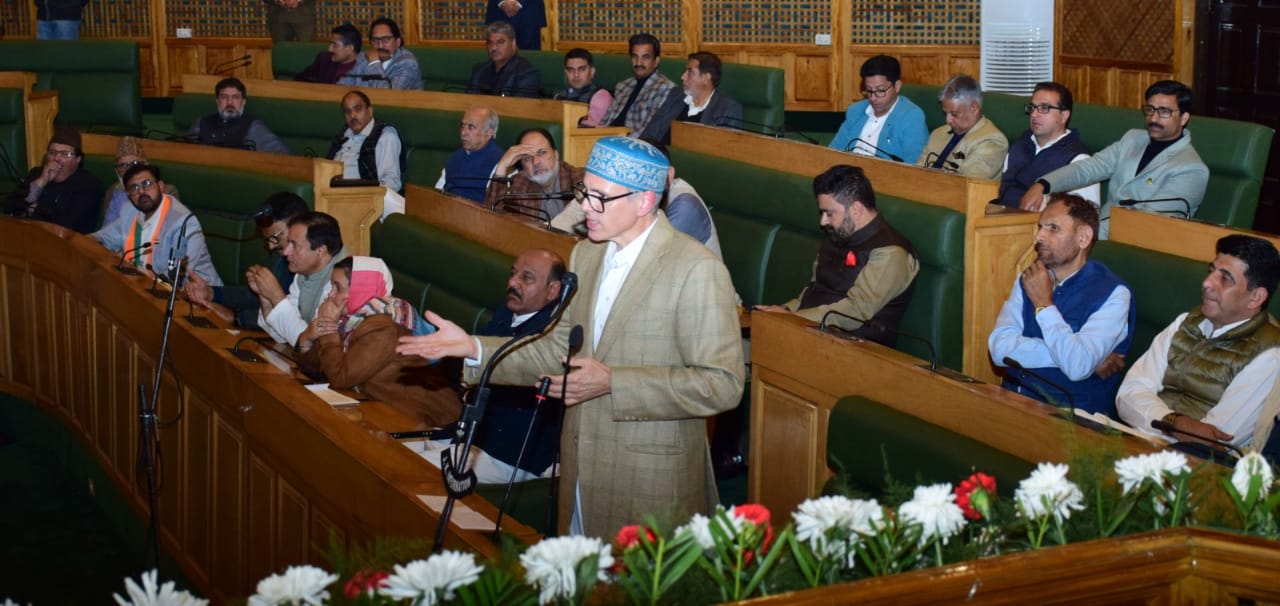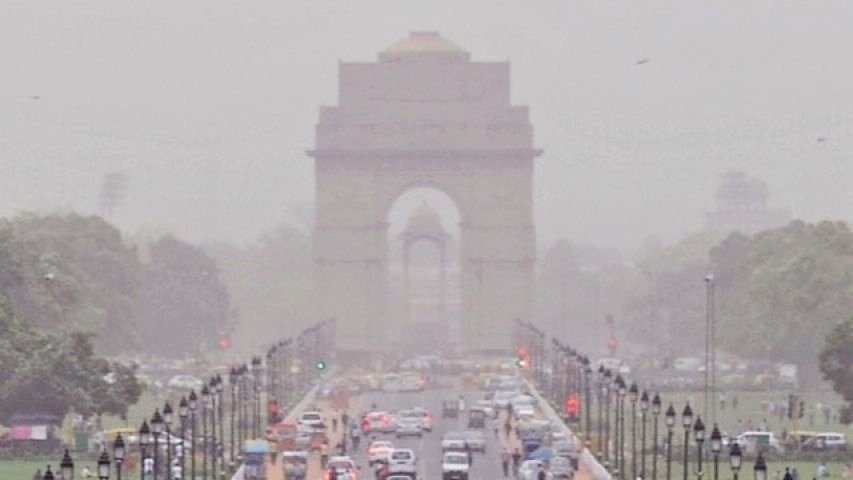Lok Sabha Speaker Om Birla led the Indian delegation in the recently concluded 10th BRICS Parliamentary meet in St Petersburg, Russia. During the event, India advocated the much-needed restructuring of the UN Security Council and the World Trade Organization (WTO). India also showcased its dedication to bringing emerging and developing economies together. During the event, BRICS members welcomed the five new members- Egypt, Ethiopia, Iran, Saudi Arabia and the United Arab Emirates.
About BRICS
- In 2001, British economist Jim O’Neill proposed the idea of BRIC encompassing Brazil, Russia, India, and China, encouraging the formation of a group.
- In 2006, during the G8 meeting, foreign ministers of these four nations discussed the possibility of such a grouping. Later, in the same year, the organization was formed. The first BRIC summit was held in 2009.
- In 2010, BRIC became BRICS when South Africa joined the group.
- During the 15th Summit in Johannesburg in 2023, the group approved the inclusion of five new countries- Egypt, Ethiopia, Iran, Saudi Arabia and the United Arab Emirates (UAE). They formally joined the group on January 1, 2024.
- BRICS Summits are held annually. In October 2024, the group will meet for the 16th Summit. The 6th Summit in Fortaleza (2014) prepared the ground for the formation of the New Development Bank (NDB) which provides financial support to members to boost infrastructure.
BRICS’ Rising Influence
- BRICS nations strongly advocate multilateralism and sustainable development. They also want restructuring of the UNSC.
- The group is also open to welcoming new members and has invited 15 African countries to become its members. Many more countries have shown interest in joining the group.
- The group is also exploring the opportunity to develop and launch a common currency to ease business and trade transactions. This will help reduce the reliance on the US dollar and other globally accepted currencies.
- BRICS countries are also committed to resolving regional issues and contributing to global efforts to find solutions to challenges hindering development and environmental sustainability. Issues like terrorism, cyber security, and energy security are at the core of consultation.
- With the joining of Saudi Arabia and Iran, which are crude oil-rich nations, the group will have greater access to energy reserves and they can move swiftly towards energy security.
- Egypt and Ethiopia will provide access to the maritime trade routes and stimulate business and trade.
Significance of BRICS
- BRICS represents around 45% of the global population, around 3.5 billion people. The members combined GDP is around $28.5 trillion which is around 28% of the world economy.
- BRICS encompasses major economic powers like China, Russia and India which influence the world economy. Moreover, Brazil and South Africa are highly influential nations in their continent.
- The member countries contribute to around 44% of total crude oil production in the world, signalling their influence on energy security.

